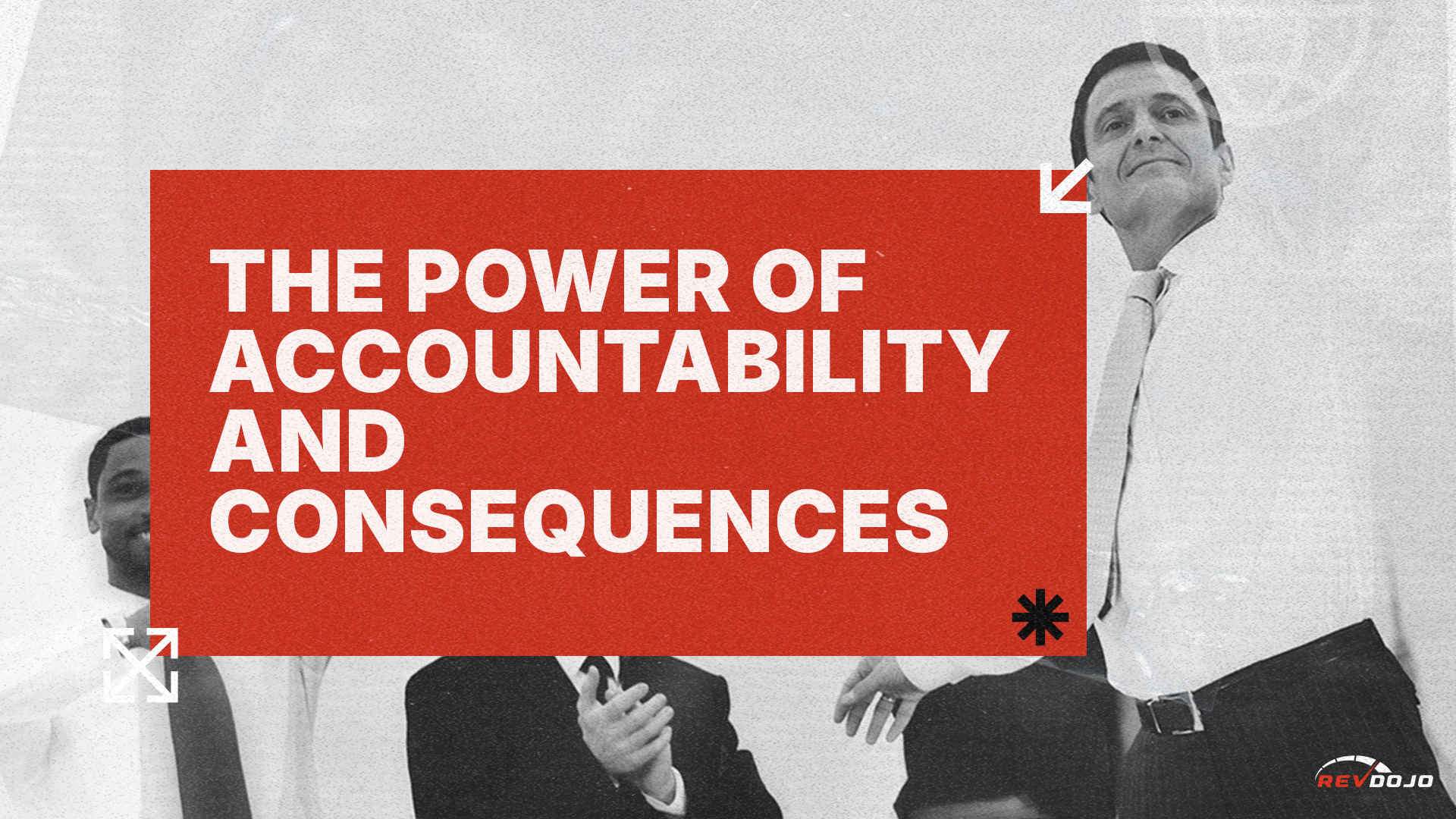Published 25 Sep 2023
Leasing vs. Financing: Understand the pros and cons of both options to help customers make informed decisions
Blog
car sales training
dealership best practices
automotive sales phone training
Automotive Sales Training
car sales phone training
Dealership Training
How to sell more cars
how to set appointments in automotive sales
how to set appointments in car sales
In the realm of acquiring vehicles, two primary choices emerge leasing and financing. Both options have their own set of advantages and disadvantages. Potential car buyers must comprehend these distinctions to make informed decisions. In this article, we will delve into the pros and cons of leasing and financing, offering readers a comprehensive understanding of each option.
1. Understanding Leasing
1.1 What is Leasing?
Leasing a vehicle essentially means renting it for a specific period, typically two to three years. During this time, you pay a monthly fee to use the car, and at the end of the lease, you have the option to buy the vehicle or return it to the dealership.
1.2 How Leasing Works
When you lease a car, you make an initial down payment and agree to a predetermined mileage limit for the lease term. The monthly payments are typically lower compared to financing because you're only paying for the vehicle's underestimation during the lease.
1.3 Pros of Leasing
- Lower monthly payments
- Enjoying a new car every few years
- Warranty coverage during the lease
- Minimal maintenance hassles
1.4 Cons of Leasing
- Mileage restrictions
- No ownership equity
- Penalties for excessive wear and tear
- Long-term costs can be higher
2. The World of Financing
2.1 What is Financing?
Financing, on the other hand, involves taking out a loan to purchase a vehicle. You make monthly payments towards the loan amount, and once it's paid off, you own the car outright.
2.2 How Financing Works
When you finance a vehicle, you have the freedom to drive as much as you want without worrying about mileage limits. While monthly payments are usually higher than leasing, you're building equity in the car.
2.3 Pros of Financing
- Building ownership equity
- No mileage restrictions
- Personalization and modifications allowed
- Potential for long-term cost savings
2.4 Cons of Financing
- Higher monthly payments
- Responsibility for maintenance costs
- Vehicle depreciation over time
- Longer commitment

3. Making the Decision
3.1 Consider Your Financial Situation
Before deciding between leasing and financing, evaluate your current financial status. Leasing may be more appealing if you prefer lower monthly payments and don't mind not owning the car.
3.2 Evaluate Your Driving Habits
If you're someone who drives a lot and exceeds typical mileage limits, financing might be the better option to avoid overage fees.
3.3 Long-Term vs. Short-Term Goals
Think about your long-term and short-term goals. Leasing is great for those who enjoy driving a new car every few years, while financing offers long-term ownership.
3.4 Vehicle Ownership Preferences
Consider how attached you are to the idea of owning your vehicle outright. If you value ownership and customization, financing is likely the choice for you.
4. Conclusion
In the eternal debate of leasing vs. financing, there's no one-size-fits-all answer. It boils down to individual preferences and financial situations. By understanding the pros and cons of each option and considering your unique circumstances, you can make an informed choice that suits your needs and preferences.
5. FAQs
1. Is leasing always cheaper than financing?
- Not necessarily. While leasing typically has lower monthly payments, financing can be more cost-effective in the long run, especially if you plan to keep the car for many years.
2. Can I negotiate the terms of a lease?
- Yes, you can negotiate the terms of a lease, including the down payment, mileage limits, and monthly payments. It's worth discussing these options with the dealership.
3. What happens if I exceed the mileage limit on a lease?
- If you go over the mileage limit on a lease, you will typically be charged an excess mileage fee when you return the vehicle. This fee can vary depending on the leasing company.
4. Can I buy the leased car at the end of the lease?
- Yes, you usually have the option to purchase the leased car at the end of the lease term. The price is predetermined in the lease agreement.
5. Are there tax benefits to financing over leasing?
- Financing a vehicle may offer certain tax advantages, such as deducting the interest paid on your loan. Consult a tax professional to understand how these benefits apply to your specific situation.
In conclusion, whether you choose to lease or finance a car, it's essential to align your decision with your lifestyle, financial capacity, and personal preferences. By doing so, you'll make a choice that ensures you're not only driving the car of your dreams but also doing so in a way that best suits your individual needs.
All blog posts

Mastering Lead Follow Ups: Proven Automotive Sales & BDC Training Techniques for Higher Close Rates

Automotive Digital Marketing for Car Dealerships: A Complete 2025 Guide

Emotional Intelligence is a Game-Changer in Car Sales Training

From 'I Need to Think About It' to 'Let’s Do It

From Showroom to Sold: The Psychology of Nurturing Car Sales Leads

The Role of Customer Experience in Closing More Automotive Sales

Top-Rated Automotive Internet Sales Training for Dealership Teams

Why Dealerships With Good Car Inventory Win (And How to Make Sure Yours Does)

Driving Sales Success: The Power of Accountability and Consequences in Automotive Sales Training

Top 10 Automotive Sales Tips to Turn Cold Leads into Hot Prospects
RevDojo is the all-in-one solution for automotive businesses looking to thrive in today's competitive market.
© 2024 Revdojo. All rights reserved.